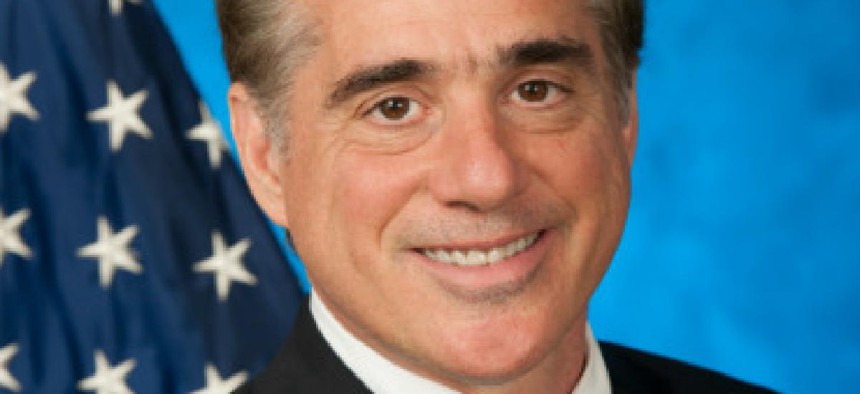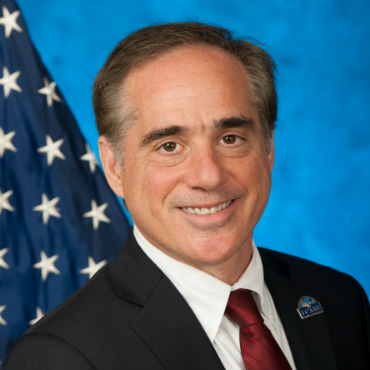Senator seeks answers on pause in VA's Cerner deal

Sen. Jerry Moran is worried that the VA is going to miss the opportunity to streamline the implementation of its planned electronic health record system.

VA Secretary David Shulkin is under pressure to show progress on the planned acquisition of a commercial electronic health record system.
The Department of Veterans Affairs is in the midst of what it's calling a "strategic pause" in its acquisition of a commercial electronic health care record system from Cerner, as it evaluates how the software VA is planning to buy works with other commercial systems.
In prepared testimony for a Jan. 17 Senate hearing, VA Secretary David Shulkin explained that MITRE is conducting an assessment of the "national interoperability language" in VA's request for proposal to Cerner as part of a sole source acquisition that is expected to cost $10 billion.
A final report from MITRE, taking into account discussions at a Jan. 5 interoperability forum that was closed to outsiders, is expected to land by the end of January.
Sen. Jerry Moran (R-Kan.), who sits on the both the Veterans Affairs committee and on the Appropriations committee, which has to approve repurposing of funds for a down payment on the Cerner system once the contract is ready to be signed, is growing impatient with the delay.
In a Jan. 16 letter to Shulkin obtained by FCW, Moran complained about "VA's inconsistent messages regarding the urgency of finalizing the contract and willingness to give up on your own self-imposed timeline raises concern." Moran added that "an apparent lack of understanding regarding commercially available interoperability capabilities led to your request for a further assessment of the contract and an anticipated one-month delay in implementation."
VA's plan with the Cerner contract was to take advantage of work already in progress in the Department of Defense's integration of Cerner software in facilities in the Pacific Northwest, with an eye to lowering costs. Moran is concerned that the opportunity to exploit these synergies is time-limited.
"For example, further delay disrupts your implementation plan that requires 900 Cerner IP engineers to support the VA's deployment of the system in the Pacific Northwest. Unless you finalize the contract this month, there will be a considerable shift within Cerner to reassign those 900 IP engineers to other projects, which will be difficult to reset or recommit to this contract in the future," Moran wrote. "It is unclear how you intend to mitigate deviations from the VA's plan developed with Cerner."
DOD's implementation of the Cerner MHS Genesis system is having hiccups of its own. That deployment, led by prime contractor Leidos, is in the midst of an eight-week pause as the Military Health System assesses its progress and deals with complaints from clinicians.
Moran wants to see the MITRE report and information on whether the report will lead to the VA seeking changes in the Cerner contract. The letter was sent the day before the hearing, at which Moran initiated a testy exchange with Shulkin, accusing the secretary of "speaking out of both sides of his mouth," when it came to communications with different lawmakers.
Former VA CIO Roger Baker told FCW in an interview that the report on interoperability made sense, given the size of the contract.
Eventually, the Government Accountability Office or the inspector general "is going to dig into the details on the [Cerner acquisition], and at $10 billion, the secretary is smart to try to have some answers ready."
The VA is going into this deal without a Senate-confirmed top tech official. That could change shortly, however, as Shulkin told lawmakers that the department had a candidate in place who is currently undergoing vetting by the White House.
"Our indications are that's moving along smoothly," Shulkin told the committee.



